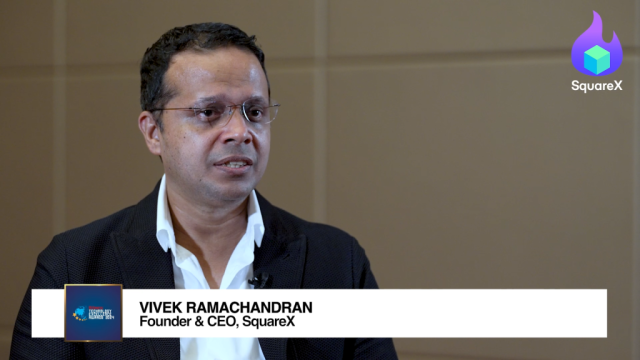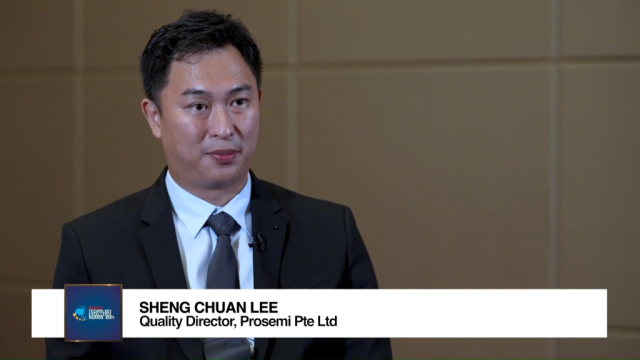
The golden rule of networking
By Mark Dixon'It's not what you know, it's who you know.' So goes the old adage, and it's true that in business, personal relationships usually count for more than specialist knowledge. But good networking hinges on more than simply knowing the 'people who matter'. Just think of all the former high fliers who have fallen from grace in recent years. They had the right connections – or so they thought. Their trouble was that they had become isolated from the rest of us.
Today, things are different. Networking is about making connections, yes, but it's also about constantly testing yourself against other people, bouncing ideas around and keeping yourself honest.
In a business context, networking means social interaction in the pursuit of competitive advantage. In Asia, the tradition has always been that if you want to do business with someone, you establish a social connection first, often by exchanging of gifts. It was primarily the Anglo-Saxons who thought they could 'get down to business' without such niceties.
Globalisation has blurred those cultural differences. We're all networkers today. But the remarkable thing is that, for all our massively enhanced ability to connect, whether via Twitter, Facebook, video-conferencing or whatever, it's easy to end up feeling quite lonely.
Once you get to a certain level, you can choose who you speak to, screen out the rest, and operate to a great extent by virtual means. Your networking becomes so selective that it ceases to work as it should.
The answer, I believe, is making extra efforts to stay in touch. Get out and see the world, and make all the connections you can. But don't forget to talk to your own people as well. And people from other walks of life. They all have good ideas and, above all, they provide a much-needed reality check.
If you want to see what happens without that reality check, just look at banking, which always used to be based, at some fundamental level, on a personal relationship. Whoever you were, wherever you were operating, you could not borrow more than a certain sum of money without meeting someone and shaking their hand.
Nowadays, financial transactions can happen without any human element at all. This is handy in some respects – everyday banking is easier, quicker and more efficient. But it's clearly far from infallible.
I don't think it's simplistic to say that the depersonalisation of everyday banking was one of the underlying reasons why bankers started looking for ever more ingenious ways of making money. Too many began to think about their 'customer base' with no mental image of flesh-and-blood customers – whom they hardly ever saw. They thought in abstractions, about shareholder value, return on investment, productivity and efficiency. They forgot about people.
The right sort of networking always brings you back to people. It ensures you talk things through, find out what customers want, what your own staff can do, and what brings out the best in people.
I reckon there are three essential steps to successful networking today:
1. Open all the networking avenues you can. Use every kind of social media, to maximise your connections. Travel to new markets, meet potential customers and learn from local experts. When you return, talk to your staff, friends and family. Be open to casual encounters at conferences or social events.
2. Build relationships. Successful networking means being relaxed and persuading others to relax too. That's impossible if you're determined to sell something, or win an argument. Being extroverted is fine. Being a hustler or a bully isn't. Respect people, listen to what they're saying. In the end, you can't fake it – you have to be genuinely open-minded and ready to learn.
3. Follow through. Simply handing out business cards isn't enough. If you've identified a business opportunity, take the initiative: remember what they were interested in, send them an email. Offer them something. Invite them to something. If you have any doubts, check them out.
Networking may have become more complicated, but the basics depend on that personal interaction and all that flows from it – courtesy, respect and ultimately, you hope, trust. Trying to skip over the personal element is a recipe for failure.
Mark Dixon, Chief Executive and Founder, Regus
Mark Dixon is one of Europe’s best-known entrepreneurs. Since founding Regus in Brussels, Belgium in 1989, he has achieved a formidable reputation for leadership and innovation. Prior to Regus, he established businesses in the retail and wholesale food industry. Recipient of several awards for enterprise, Dixon has revolutionized the way business approaches its property needs with his vision of the future of work.

























 Advertise
Advertise









